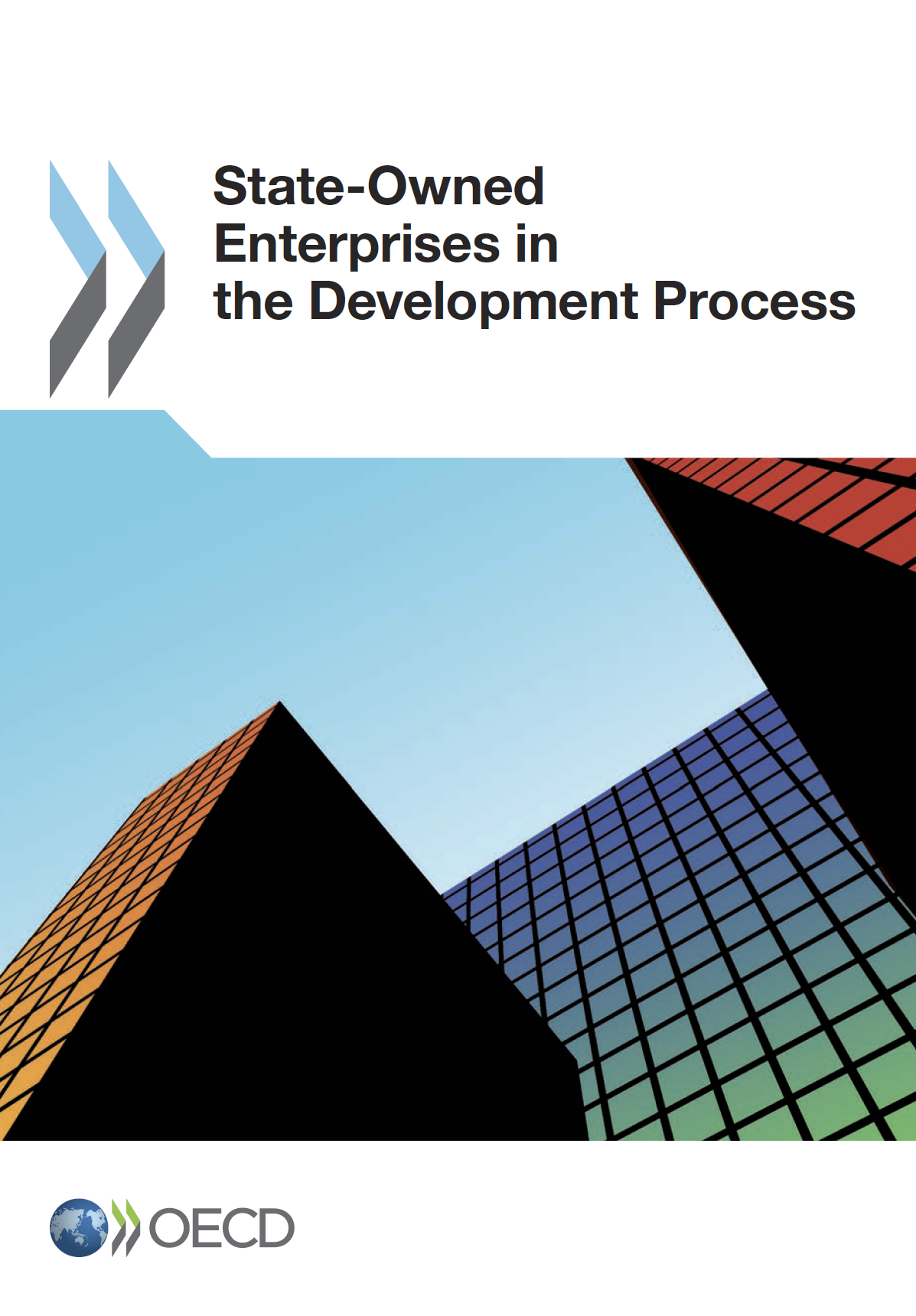State-Owned Enterprises in the Development Process Part II: Chapter 2 - The Case of Singapore and other ASEAN Economies

This publication is a first response of the OECD to the issue of what role is, or can be, assigned to SOEs as part of national development strategies. The first part of the publication overviews the experiences of five countries (Brazil, China, India, Singapore and South Africa) with using SOEs, and other government-controlled entities as agents of their development strategies. The second part reviews the growing internationalisation of SOEs through foreign trade and investment. These show implications that the usefulness of SOEs in promoting economic development hinges on a number of factors, not least the level of economic development at the beginning of the process. Indeed, if the government’s ambition is to follow a development path already trod by numerous comparable nations it is relatively easy to hammer out a strategy and provide the SOEs with company-specific objectives toward the fulfilment of the strategy. However, experience also shows that some crucial conditions generally need to be met for such SOE-based strategies to be successful, considering the capacity of national bureaucracies and avoiding possible adverse impacts on international trade and investment.



